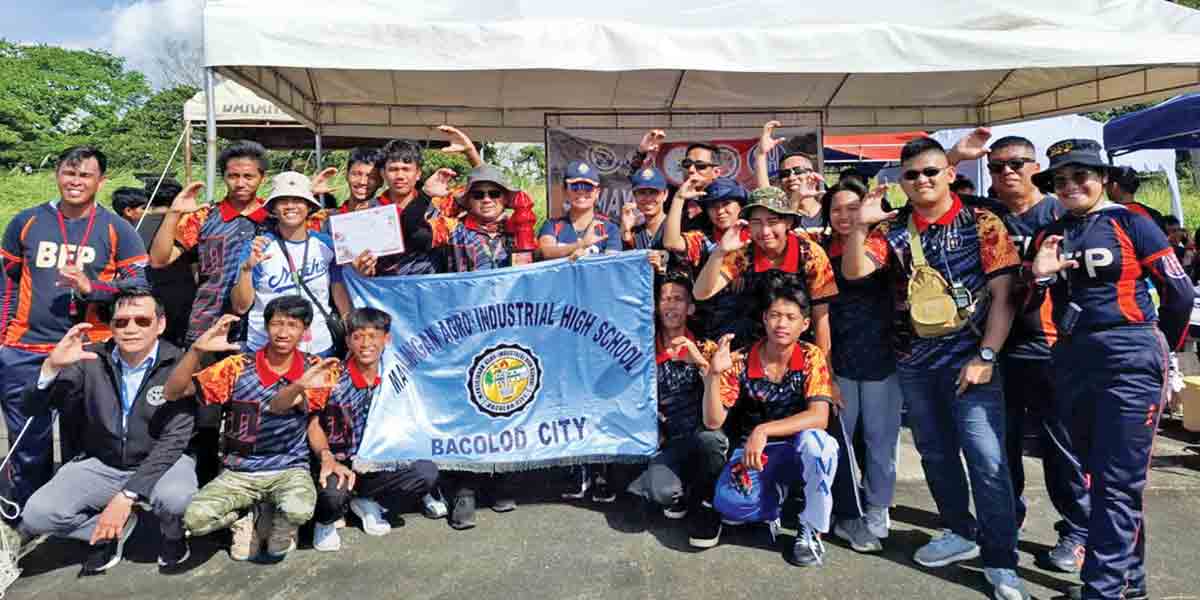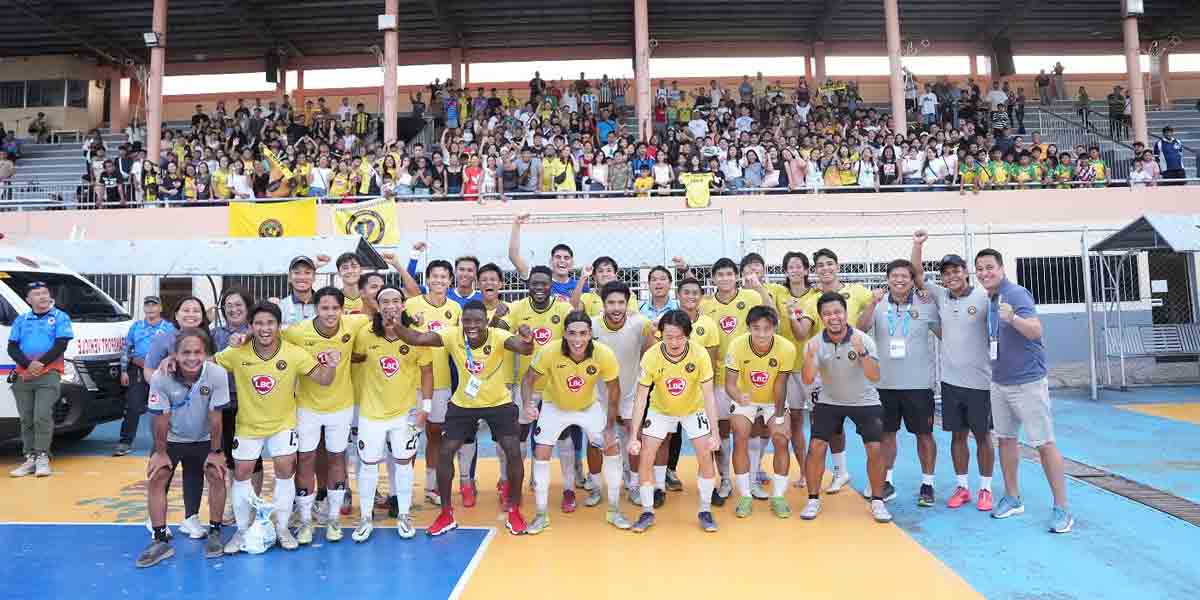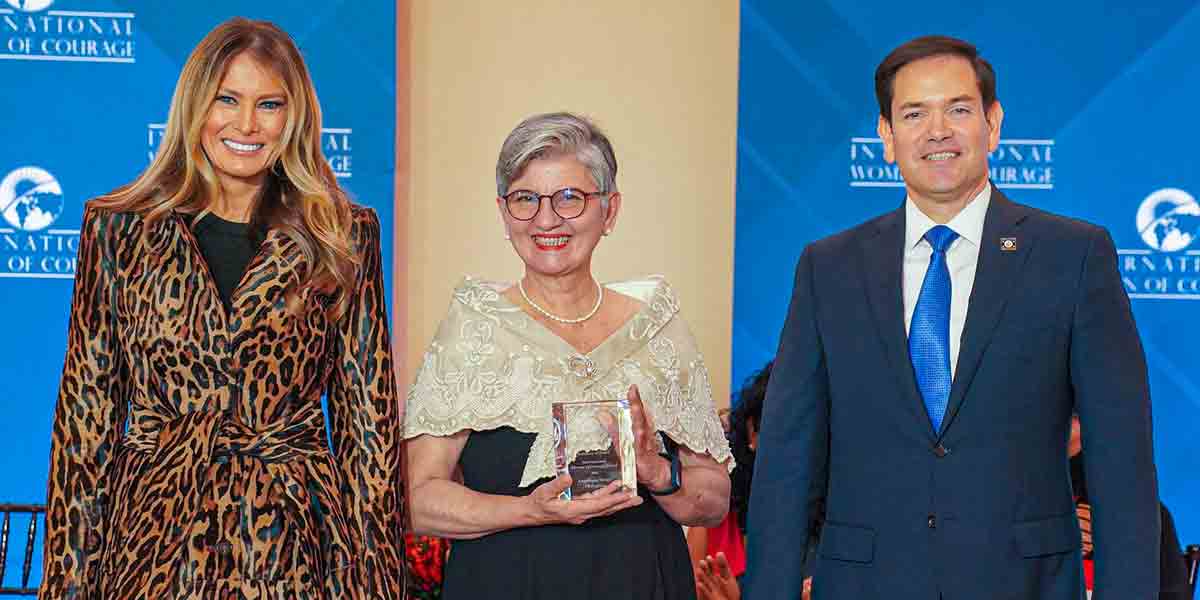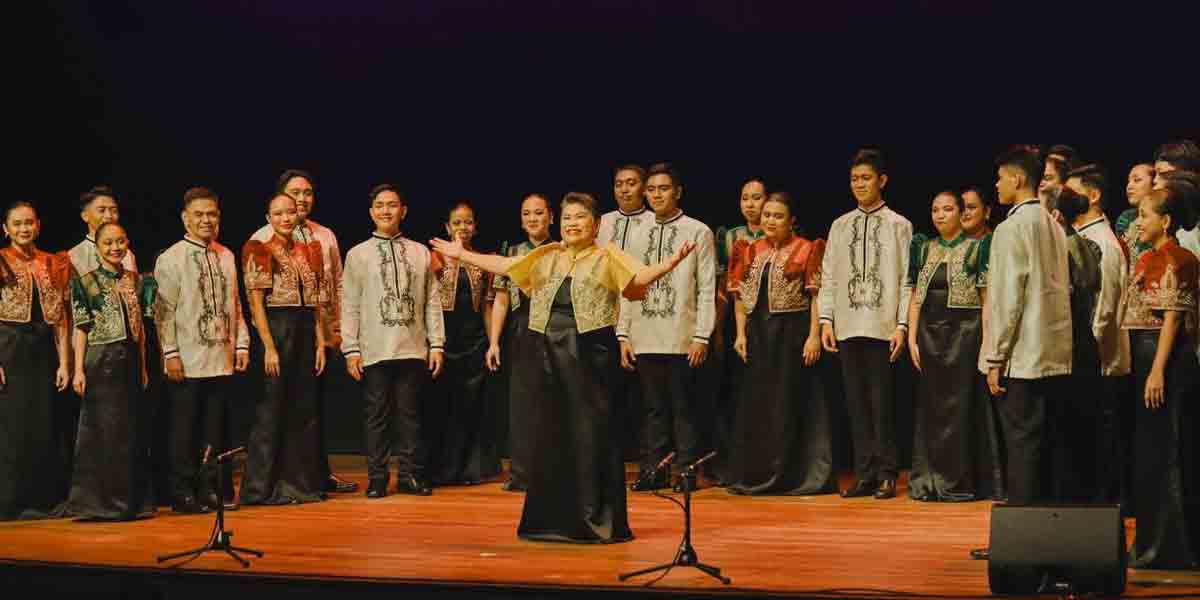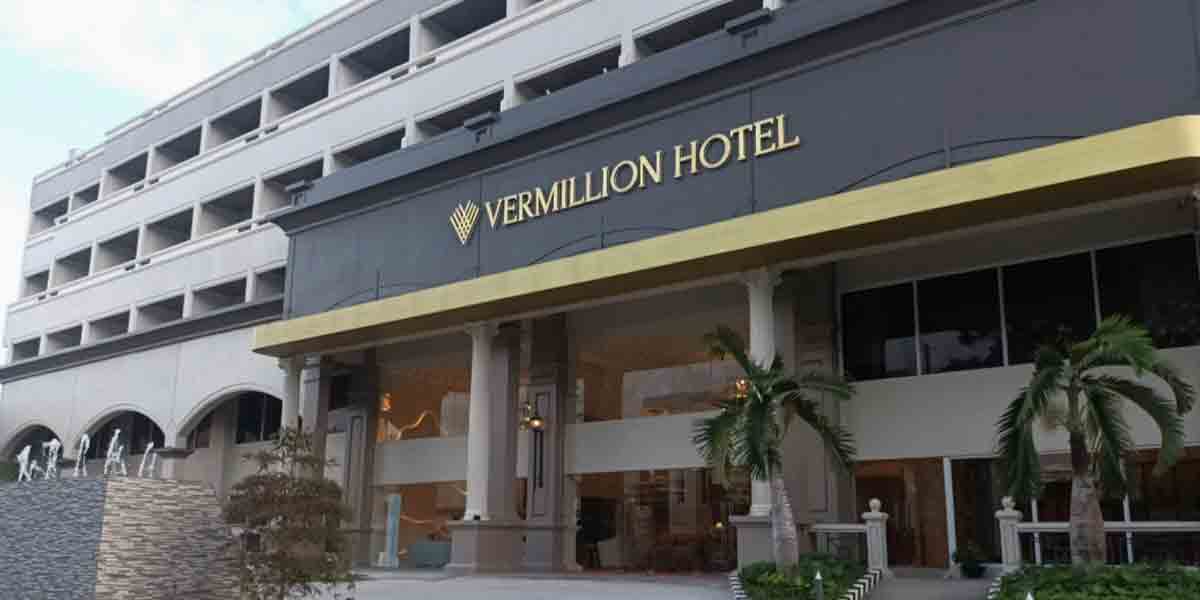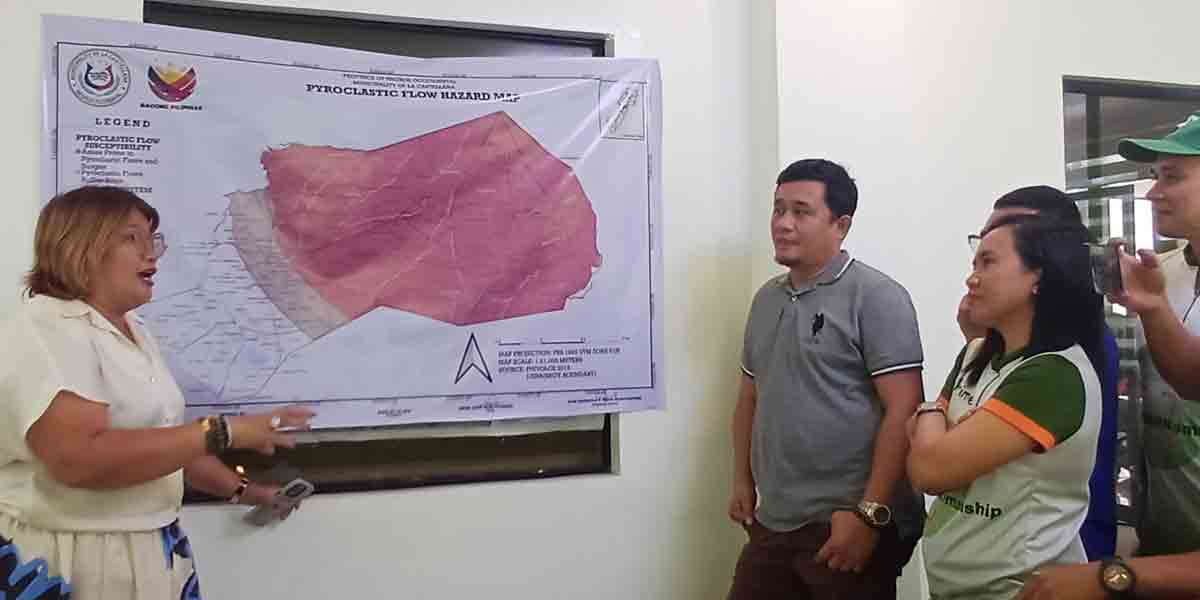 By Atty. Eduardo T. Reyes III
By Atty. Eduardo T. Reyes III
How powerful can words be?
In 1970, Philippine Supreme Court justices had a legal ruckus of sorts over a line in the decision of the Court of Appeals which they felt had poached into the President’s prerogative on how to go about with the expulsion of an unwanted foreigner. The statement in controversy recommended Ang Cho Kio “to leave this country by the first available transportation”. To some justices, this suggestion by the Court of Appeals was rather disrespectful of the executive branch of government which is empowered by the constitution to implement court decisions. Thus the majority of the Court ruled to have the objectionable statement deleted from the decision.
Justice Macalintal however entered an interesting dissent. He opined thus: “I dissent from the opinion of my brethren insofar as it orders the deletion of the recommendation of three of the five Justices who constituted the special division of the Court of Appeals which decided this case that the petitioner Ang Cho Kio be allowed “to leave this country by the first available transportation.” This recommendation is admittedly not a part of the judgment of the said Court; it was not within the issue presented for its resolution; and the fact that it was made at all is a non-prejudicial matter which does not rise to the category of reversible error. I would not begrudge the three Justices who made it the liberty to do so, nor consider their act as an undue trespass upon presidential prerogative. What is involved is, to me, no more than a question of taste, or punctilious observance of certain proprieties concerning which well-meaning men may honestly differ; and I am not prepared to say that there has been such a blatant disregard of either as to call for the interposition of this Court’s power of review merely for the purpose of ordering the deletion of the matter objected to. (THE DIRECTOR OF PRISONS and THE EXECUTIVE SECRETARY v. ANG CHO KIO @ ANG MING HUY and THE COURT OF APPEALS, G.R. No. L-30001 June 23, 1970).
Ones use of words reverberates on others. It was just fortunate that to Justice Makalintal’s mind, the questioned statement in the decision of the Court of Appeals involved only “a question of taste, or punctilious observance of certain proprieties concerning which well-meaning men may honestly differ”. But what about expressions which are laced with indecent language? Do they become tolerable simply because people spew distasteful- let alone disgusting- language in public? Or are we desensitized because of the sheer pervasiveness of inappropriate language both in the real as well as the virtual worlds?
Thanks to REPUBLIC ACT No. 11313 which is entitled “An Act Defining Gender-Based Sexual Harassment in Streets, Public Spaces, Online, Workplaces, and Educational or Training Institutions, Providing Protective Measures and Prescribing Penalties Therefor”. This law was enacted purposely to protect human dignity by bringing to everyone’s consciousness that we ought to respect one another’s “personal space”. And by “personal space”, it does not refer to “physical space”. It appertains to one’s “right to be let alone even when he or she is in public”. This is the real social distancing that should be observed- pandemic or no pandemic.
Section 11 of this law lays down the acts considered as violative of a person’s safe space in the real world. Thus:
“Section 11. Specific Acts and Penalties for Gender-Based Sexual Harassment in Streets and Public Spaces. -The following acts are unlawful and shall be penalized as follows:
(a)For acts such as cursing, wolf-whistling, catcalling, leering and intrusive gazing, taunting, pursing, unwanted invitations, misogynistic, transphobic, homophobic, and sexist slurs, persistent unwanted comments on one’s appearance, relentless requests for one’s personal details such as name, contact and social media details or destination, the use of words, gestures or actions that ridicule on the basis of sex, gender or sexual orientation, identity and/or expression including sexist, homophobic, and transphobic statements and slurs, the persistent telling of sexual jokes, use of sexual names, comments and demands, and any statement that has made an invasion on a person’s personal space or threatens the person’s sense of personal safety”.
In turn, Section 12, Article II deals with personal space in the virtual world. Thus:
“Section 12. (Article II) Gender-Based Online Sexual Harassment. -Gender-based online sexual harassment includes acts that use information and communications technology in terrorizing and intimidating victims through physical, psychological, and emotional threats, unwanted sexual misogynistic, transphobic, homophobic and sexist remarks and comments online whether publicly or through direct and private messages, invasion of victim’s privacy through cyberstalking and incessant messaging, uploading and sharing without the consent of the victim, any form of media that contains photos, voice, or video with sexual content, any unauthorized recording and sharing of any of the victim’s photos, videos, or any information online, impersonating identities of victims online or posting lies about victims to harm their reputation, or filing, false abuse reports to online platforms to silence victims.”
Indeed, our tongues could become misguided missiles or untamed beasts if we fail to rein them in. The milk of human kindness is shown not only by acts of charity to the poor but more importantly, by being mindful of our language. As Napoleon Hill had quipped in his bestselling book “Law of Success”: “The man who slanders his fellowman unwittingly uncovers the real nature of his inner self”.
(The author is the senior partner of ET Reyes III & Associates– a law firm based in Iloilo City. He is a litigation attorney, a law professor and a book author. His website is etriiilaw.com).


